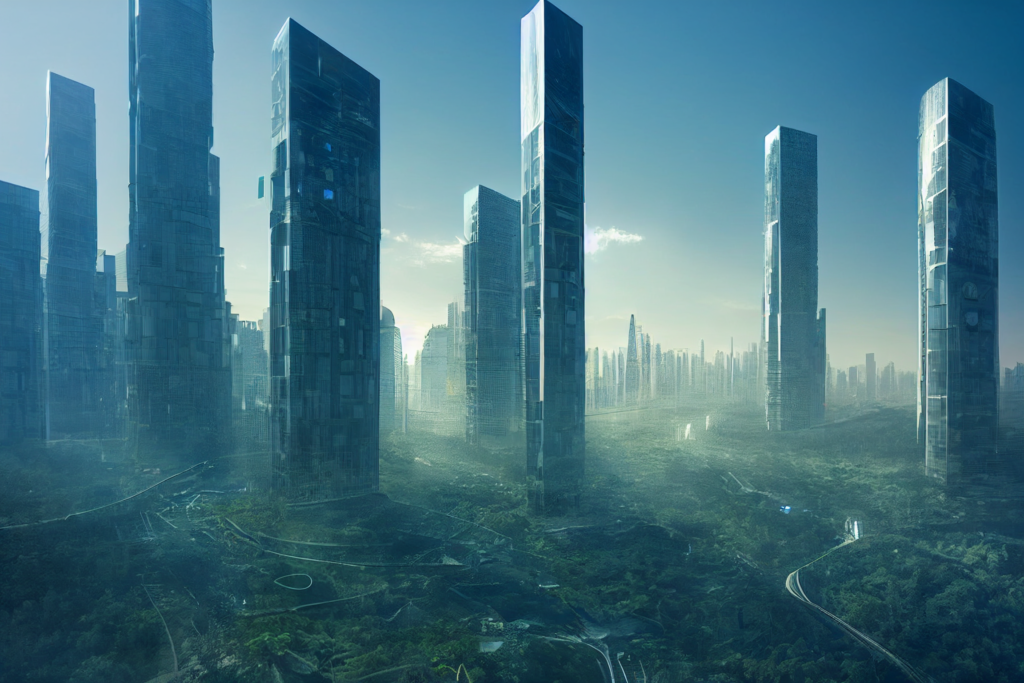Assumptions & Definition
After assuming the moniker of “futurist” I realised I didn’t really have a deep understanding of what the term means. I had a vague notion it meant someone who thinks about and envisions the future especially around how technology will affect society at large. The logic could follow just as a capitalist ideologues Capitalism, or a socialist to socialism; I figured a futurist would relate to futurism, but that is not the case. A futurist is someone who uses trends in technology and larger societal models to extrapolate about what life and society will be like in the future. This systematic approach relates to the science of futurology, a term coined in the mid-1900s to encapsulate the growing field, that was focused on a much broader scope than just the narrow statistical & economic short term forecasting.

Futurism vs Futurology
Futurism is traditionally an Italian art form from the early 20th century focused on speed, technology, and violence. It has heavy nationalistic & fascist ideologies and is a byproduct of it’s time, characterised by severe unrest amid rapid industrialisation within Europe, namely pre World War II. Futurology on the other hand relates to future studies with a foundation in scientific analysis of trends on a global and expansive scale to attempt to encapsulate the PPP+W: possible, probable, preferable plus wildcards – defined in this context as low-probability high impact events. Even well known and widely accepted trends and predictions still leave huge possibilities across an immense range of scenarios concerning our species, the societal structures we live in and the conditions under which we will either struggle or flourish under in the not so distant future. How does the ageing population of certain countries impact global manufacturing and supply lines? What will the move toward renewable energies and away from fossil fuels mean long term for emerging markets? Especially against the well established markets?
Inherent Optimism
The preferable of futurology & future studies even from their earliest conception have been idealistically moving towards a future as described in Sir Thomas More’s Utopia, where society had move past the misery of poverty and suffering generally had been overcome. So powerful was this work that it changed the meaning of the word Utopia, which originally meant “no place”. It is in this spirit of moving towards a peak society, that not only has moved beyond poverty but may yet further move beyond the current status quo of the many having only little and some few have so very much. Whilst there isn’t much chance (or possibly use) of egalitarian balancing, there are other ways to enact changes that I hope to explore that would allow for this imbalance to be righted.
This is where the pragmatic futurists and the idealistic futurist diverge in that the pragmatic have a more narrow view on how the world should follow it’s similar status quo in moving forward compared to the idealistic that shift the needle further towards the aforementioned Utopia.
For further info check out my youtube video

